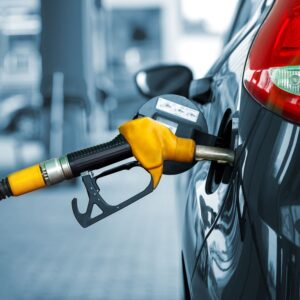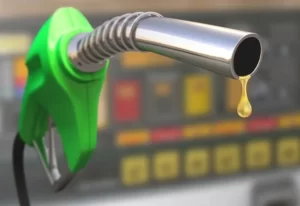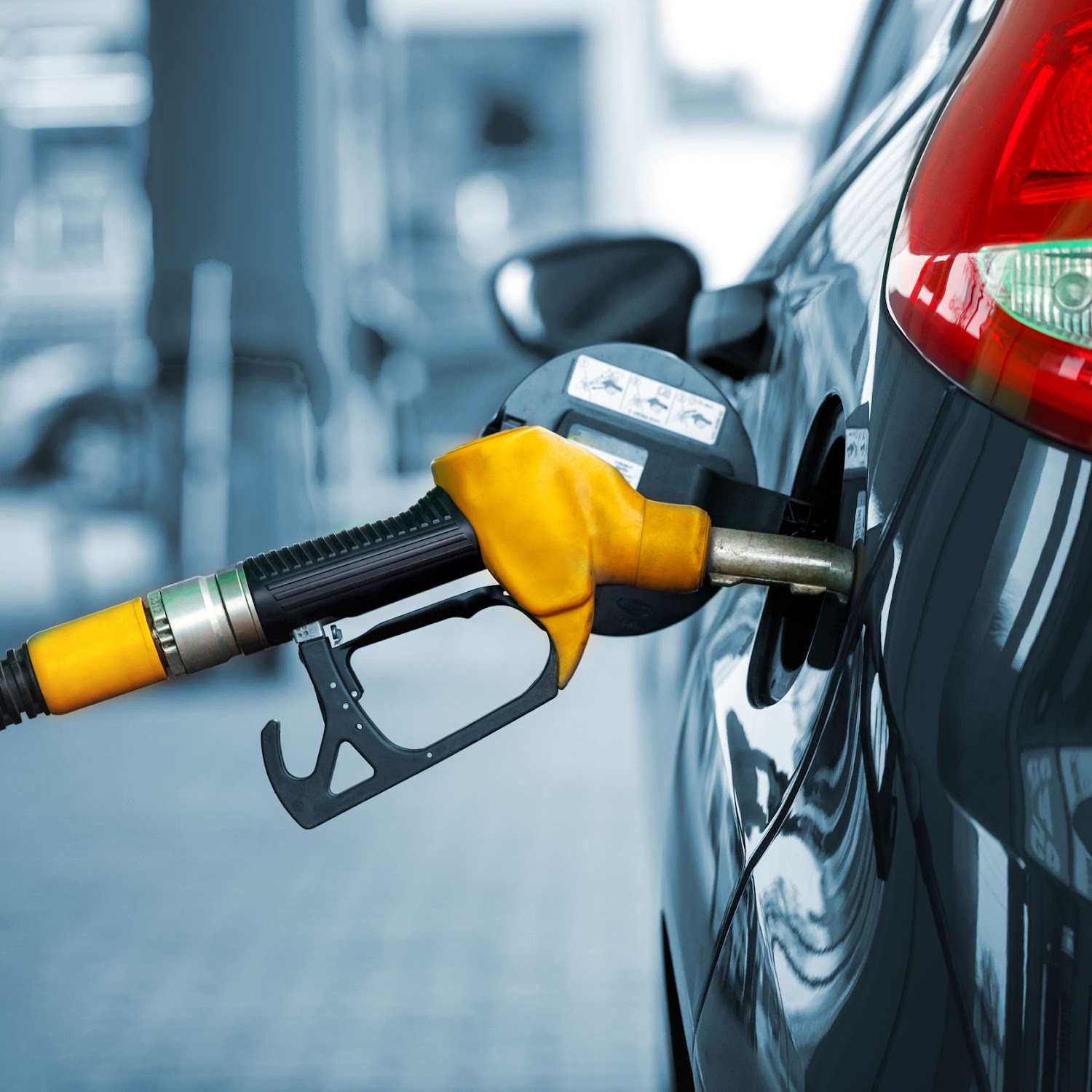WTI crude futures closed a choppy session under $90 per barrel mark on Friday, marking a 2.5% decline on the week amid increasing concerns of a global economic slowdown. Though this has shown no bearing on Ghana’s fuel price situation (in fact Fuel prices have gone up effective 19th August to GHc 11.15 for Super XP RON95 and GHc 13.46 for Diesel XP) due to a host of factors, let me save this for another day!

Fuel consumption is usually dependent on how you drive, and different factors can contribute to how much fuel one will use daily. The factors include the type or vehicle, the weight, the engine size, and also maintenance culture. To help save money and minimize the waste of the now expensive fuel, these tips might be of great help;
- Use the least throttle
While driving, use the least amount of throttle as possible. An engine uses most of the fuel in overcoming inertia and attaining speeds from stationary. So, to lessen this, you should accelerate in a smooth and steady manner, and push as softly on the accelerator as possible. Speed is not necessarily bad but build speed smoothly. Think of it as running a marathon, where you need to plan your pace and keep some energy in reserve.
Accelerating fast and driving at a higher speed will consume more fuel as compared to driving in a gentle manner.
- Anticipate and drive
We have to stop and start while driving, but the trick is to smoothen the flow. Look at the road ahead and observe the flow of traffic. By anticipating the way traffic moves, you can plan your manoeuvres and avoid unnecessary acceleration and braking.
Spot traffic signals early so that you can get off the throttle and allow the vehicle to coast to a stop rather than braking hard at the last minute.
By driving at a steady speed, you will save fuel and even catch up with faster vehicles. Likewise, there’s no point in charging past slower moving traffic, only to get caught up in traffic ahead.
- Switch off
Modern engines come equipped with a fair amount of technology and don’t complain if you re-start them often. Excessive idling not only wastes precious fuel but also pollutes the environment. Nowadays, most traffic lights display the number of seconds left before the signal turns green.
Switch off the engine if you are going to wait for a considerable amount of time.
- Shed weight and drag
All manufacturers try to keep the vehicle’s weight as low as possible, without affecting its safety. When the overall weight of the vehicle is low, there is less strain on the engine and the energy required is less.
A lighter vehicle will consume less fuel than a heavier one powered by the same engine. Hence, it is vital to keep the vehicle light wherever possible.
At times, we use the boot to store things that we require but forget to remove it at a later date. If there are any unnecessary bags, stray items or trash lying in the vehicle’s boot, get rid of them right away. Car manufacturers also design their vehicles in a way that are as aerodynamic as possible and offer the least amount of drag. However, a roof rack on your car increases wind resistance. According to research, roof-mounted cargo boxes can reduce the fuel efficiency by 2-5%. So, if you aren’t using the roof rack on the particular trip or commute, then remove it.

Maintain your car
One common mistake made by car owners is that they skip regular services, thinking it will save cash. The general attitude is to fix the car only after it breaks down. But servicing your vehicle and replacing its components as per the manufacturer recommended intervals are vital to keeping the car healthy. Only a healthy car will perform optimally and deliver good fuel efficiency. A poorly maintained engine cannot give you good economy. Certain consumables like the air and oil filter, along with engine oil, need to be regularly replaced or changed. An air filter prevents dust from entering the engine, and owing to our dusty conditions, it gets clogged after a few thousand kilometers of running. A choked air filter will result in the engine producing less power, which will make you step on the accelerator more.
A vehicle that is maintained well will consume a lot less fuel than a poorly kept one.
- Increase tyre pressure
Vehicle owners underestimate the importance of tyres and their role in achieving good fuel economy. Tyres are the only contact patch between the vehicle and ground. Most of the engine power gets utilised in making the tyres roll, as they create rolling resistance.
Low tyre pressure increases resistance, making the engine work more, which in turn increases its fuel usage.
Hence, it is important to keep the tyres inflated at either the recommended air pressure or higher. Check the tyre pressure once every week. The vehicle’s correct tyre pressure information is usually mentioned on the driver’s side door. Get the wheels balanced and aligned.
- Ensure fuel quality
Adulterated fuel not only lowers the fuel efficiency but also harms the engine. Before tanking up your vehicle, always check the fuel quality. Today, you can check the volume and density of fuel being sold at any pump without being charged. It is also advisable to tank up from a big fuel pump in the city that is company owned. While travelling on the highway, avoid filling fuel from small and dodgy-looking outlets.
The fuel c consumption of a vehicle depends on a number of factors. Some of them like traffic congestion and road conditions will never be under your control. Improving your driving style and keeping your car in good shape will help you achieve better fuel economy irrespective of the conditions.
consumption of a vehicle depends on a number of factors. Some of them like traffic congestion and road conditions will never be under your control. Improving your driving style and keeping your car in good shape will help you achieve better fuel economy irrespective of the conditions.
Extracting more kilometers out of every litre of fuel isn’t difficult, and can in fact, actually be fun.
(The Hindu)




